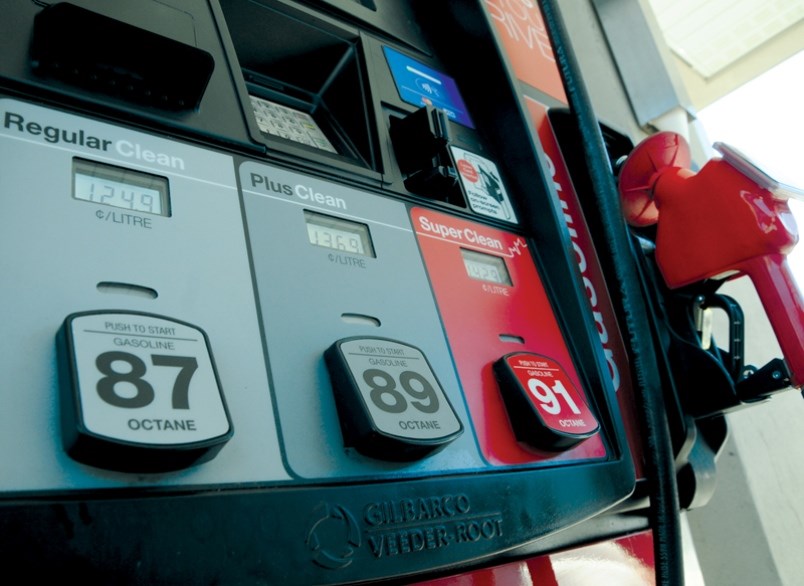Dear editor:
A public relations campaign spearheaded by West Coast Environmental Law has successfully prompted 16 community councils to send letters to the world’s 20 largest fossil fuel companies. The letters ask for undefined monies for climate change related costs borne by communities. Additionally, the campaign asks them to join possible future class action lawsuits against the companies.
These requests are a frivolous waste of municipal councils’ valuable time and resources. These letters have negligible chance of success, and carry a serious risk that those communities will appear both hypocritical and foolish. Remember the backlash Whistler faced by sending a letter to a Canadian energy company? Victoria is also being mocked for massive hypocrisy with its letter, while relying on a huge oil fueled cruise ship industry and after dumping its raw sewage into the ocean for decades.
Furthermore, if any municipality did sign on to a class-action lawsuit, losing that lawsuit might result in costs being awarded against those communities, plus decades of legal fees.
Demanding reparations for voluntarily using and enjoying the benefits of fossil fuels reeks of hypocrisy and as “virtue signaling” of the worst kind.
We all use fossil fuels. About 80-90 per cent of greenhouse gases associated with oil and gas use are caused by the consumption of the fuel, not the production, transportation, and distribution phases. This seems to suggest the average consumers and businesses are the primary cause of these GHGs – be it cars, buses, airplanes, or home heating.
In B.C., we still burn logging slash; are the forestry industry and Ministry of Forests to receive letters? Do we sue dairy and beef farmers whose herds emit methane? How about gasoline stations, natural gas distributors, and pipeline companies? Do we ignore those who build road vehicles, trains, and airplanes that burn fuel? What about the governments, including municipalities, who buy oil and natural gas for their fleets and heating? Do we sue all institutions who financed oil and gas companies? What about agriculture – one of the largest GHG sources? The plan is absurd.
West Vancouver sent a letter that asks Big Oil to pay “their fair share.” What exactly is that, and how is it calculated? How does West Vancouver propose to collect from national oil and gas companies (think Saudi Arabia, Venezuela, and a dozen or so more), who together comprise most of the largest oil and gas producers in the world? West Vancouver’s letter offers no answers whatsoever, and I can only say “good luck.”
I highly doubt any energy companies will pay, but if any do, I predict they will pass those costs to the consumer.
WCEL also likes to present the tobacco lawsuits as an analogy. The comparison to tobacco lawsuits is false. Petroleum, natural gas, and petrochemicals are a huge part of our everyday lives and enable us to enjoy our very high standard of living. I can think of no useful purpose for tobacco except for the unfortunate addicts, hardly the case for petroleum.
In summary, I believe this initiative is ill advised, unlikely to have any benefits except for litigators and a few politicians, and may injure the communities’ reputations and treasuries. This virtue-signalling exercise is a departure from the core responsibilities of civic governance, and I believe communities should take a pass on this campaign.
John Hunter
North Vancouver
Editor’s note: John Hunter advises he worked in the energy industry for over 50 years until his retirement.
What are your thoughts? Send us a letter via email by clicking here or post a comment below.



